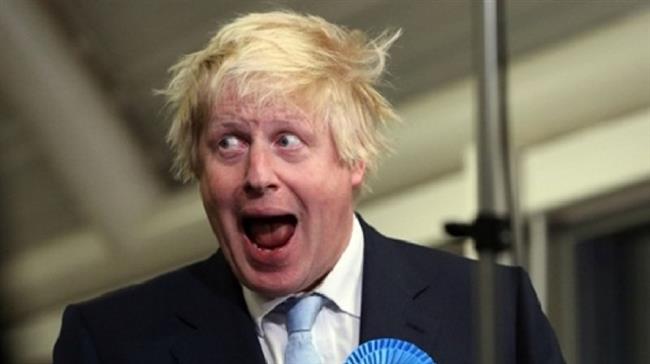EU leaders' decision is welcome relief for UK opposition parties
The European Union’s decision to grant Britain a three-month Brexit delay has ruled out –at least in the immediate term – a disorderly exit from the block.
Whilst the EU leader’s decision is not a surprise, it is still a big blow to Prime Minister, Boris Johnson, who had staked so much political capital on meeting the October 31 deadline on exiting the EU.
Johnson’s “do or die” pledge on the issue was encapsulated by his speech in West Yorkshire on September 05, with the PM going to the extraordinary length of proclaiming that he’d rather be “dead in a ditch” than to request a Brexit delay.
The EU’s decision to formally grant Britain a three-month extension came after a meeting of EU27 ambassadors.
The President of the European Council, Donald Tusk, tweeted earlier that a “flextension” had been agreed, meaning that if Johnson gets his Brexit deal ratified, Britain can leave the EU earlier than January 31, 2020.
The news is welcome relief for a substantial section of the British political class who either oppose Johnson’s new Brexit deal in principle or who otherwise argue that more time is needed to discuss and ratify it.
Meanwhile, Britain’s political crisis is set to continue as both the ruling Tories and an increasingly fragmented opposition scramble to find a way to break the Brexit deadlock.
The main dispute is centred on the date of an early general election, with the PM seeking to hold an election on December 12, whereas sections of the opposition led by the Liberal Democrats and the Scottish National Party want to hold it three days earlier on December 09.
According to the BBC, MPs are set to vote on the PM’s election call today at 17:00 GMT.
VIDEO | Press TV's news headlines
Iran FM: Response to Israeli aggression 'inevitable'
VIDEO | Iran eases the rules for exporting hand-woven carpets
VIDEO | Intl. Day for the Elimination of Violence against Women: A stark reminder of Gaza women
Australia denies ex-Israeli minister Shaked visa
VIDEO | 85% of Yemeni displaced people face daily hunger crisis
US House passes bill targeting charities and pro-Palestine groups
VIDEO | Supporting Gaza genocide










 This makes it easy to access the Press TV website
This makes it easy to access the Press TV website